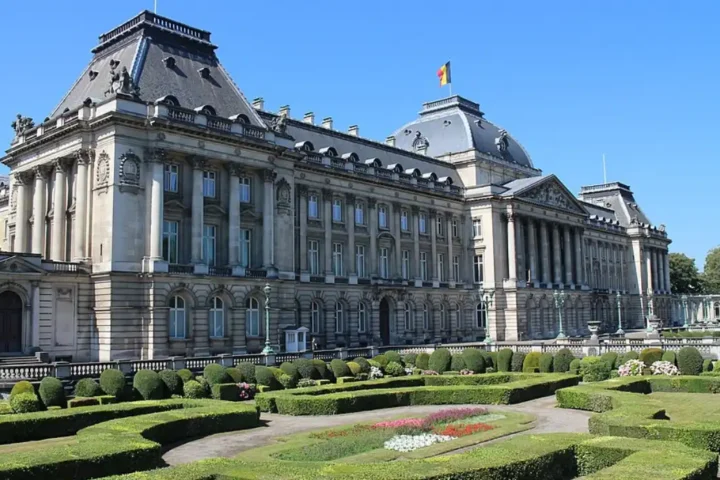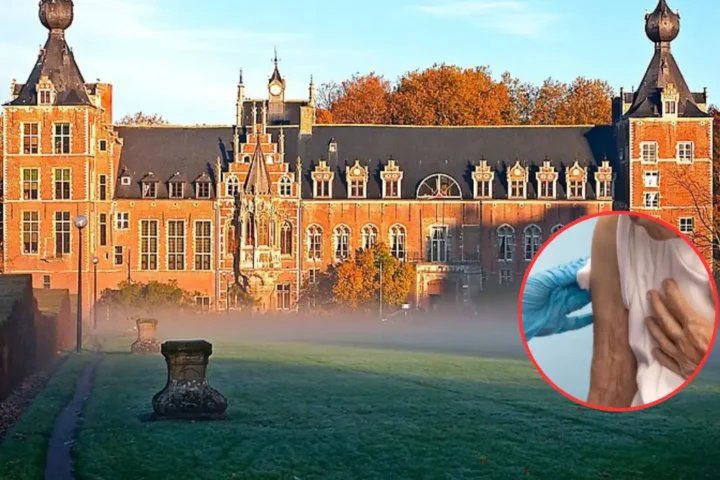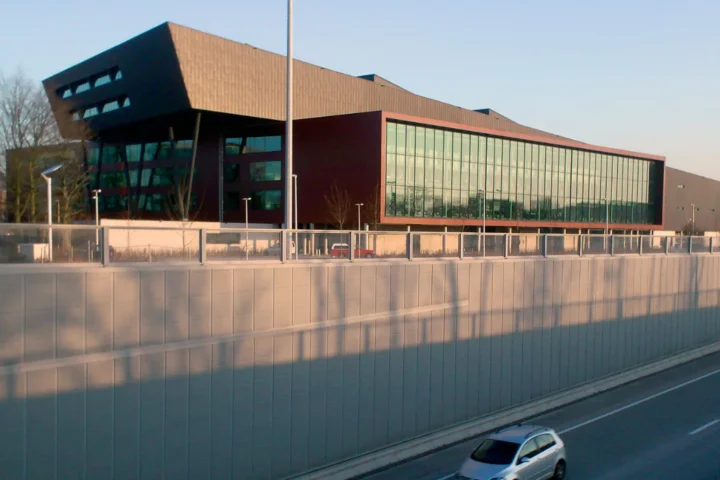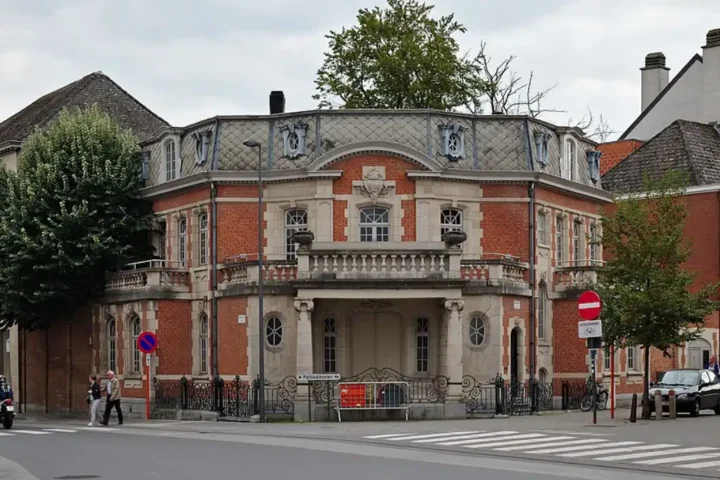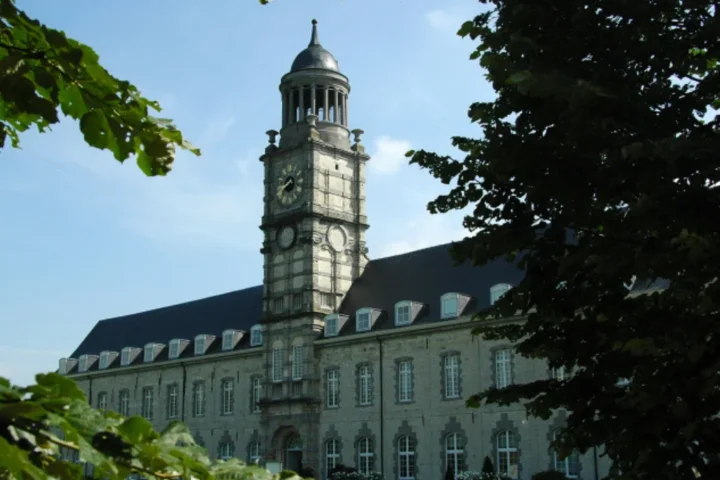Brussels – On Tuesday, Gilead Sciences announced the European Commission’s approval of its semi-annual injection for HIV prevention, according to Reuters.
This approval from the EU Commission applies across the EU’s 27 member states, as well as Norway, Iceland, and Liechtenstein. Prior to patient distribution, Gilead must negotiate pricing and reimbursement agreements with the health systems of each nation.
Why did the European Commission approve Gilead’s HIV injection?
The European Commission authorized this drug as pre-exposure prophylaxis (PrEP) aimed at reducing the risk of sexually-acquired HIV in adults and adolescents at increased risk of infection. Gilead reported that its EU application was assessed on an expedited basis and received an additional year of market exclusivity.
The medication, scientifically known as lenacapavir, will be marketed in Europe as Yeytuo. It received approval from US regulators in June, where it is sold under a different name, Yeztugo. In the United States, Gilead has set the list price for Yeztugo at over $28,000 annually. Analysts project that this drug could generate more than $4 billion in annual sales by 2029, according to LSEG.
How effective was lenacapavir in large-scale HIV prevention trials?
Lenacapavir demonstrated nearly full effectiveness in preventing HIV during last year’s global trials, providing new hope in the fight against a virus that infects 1.3 million individuals annually. In July, the World Health Organization recommended lenacapavir for consideration as a PrEP option for HIV prevention.
In which countries has Gilead already submitted regulatory applications?
Gilead announced it has filed applications for regulatory approval of lenacapavir for PrEP in Australia, Brazil, Canada, South Africa, and Switzerland, while also preparing submissions in Argentina, Mexico, and Peru.
How is Gilead expanding access in low- and middle-income nations?
The company also plans to submit regulatory requests in low- and middle-income countries, including priority registrations in 18 nations that account for 70% of the global HIV burden across the 120 countries covered by its voluntary licensing agreements.
Gilead is collaborating with the Global Fund to Fight AIDS, Tuberculosis, and Malaria to provide lenacapavir to up to two million individuals in low-income nations over a three-year period, facilitated by the impending commencement of production by generic drug manufacturers under royalty-free conditions.

